What’s the Buzz
The Bee Healthy Blog
Are You Suffering From Burnout or Depression?

The word “burnout” was first used in the 1970s. It was initially restricted to high-stress jobs like physicians who often ended up exhausted and unable to cope with the rigors of the job. Now, burnout is a more widely used term, something that can affect anyone from overworked factory workers to business executives and even homemakers. It is increasingly common to hear about someone who got burned out. Yet, it is not very clear what exactly burnout is, which makes it difficult to diagnose. Also, many of the symptoms of burnout can be very similar to depression or other mental or physical health conditions. How do you tell the difference between burnout and depression? What are the emotional and physical fallouts of the two conditions? Keep reading to learn more.
What are the 3 components of burnout?
People suffering from burnout can have both mental and physical symptoms. The three main signs of burnout are:
1. Exhaustion: This includes emotional exhaustion - feeling tired, drained, unable to cope, and having no energy. It can also include physical symptoms like pain, bowel problems, etc.
2. Alienation: People suffering from burnout syndrome often find themselves feeling alienated from their work and colleagues. Work-related symptoms include being cynical, emotionally distant, and feeling disinterested in their work.
3. Poor Performance: Burnout often leads to a reduction in performance, both at work and at home. Signs and symptoms can include the inability to complete tasks, being listless, lacking interest, and finding it difficult to concentrate.
What are the 5 stages of burnout?
Burnout can look different in different people. But experts have identified 5 stages that people experiencing burnout commonly go through.
The honeymoon phase is when energy and commitment are high, for example, when starting a new job. It is important to recognize stress at this stage and start taking steps to cope with it in a healthy manner to prevent burnout syndrome from progressing.
The next stage of burnout syndrome is when stress makes an appearance. Symptoms can include anxiety, inability to focus, irritability, lack of motivation, sleep disturbance, and fatigue among others.
Without appropriate mental health care, burnout may progress to the chronic stage, characterized by emotions like anger, apathy, cynicism, and resentfulness. Many people turn to drugs or alcohol during this stage of burnout.
In the fourth stage, burnout becomes well established with a range of emotional and physical symptoms. There are feelings of emptiness, self-doubt, social isolation, and general pessimism.
The final stage of burnout is called habitual burnout. The physical and emotional symptoms including fatigue, sadness, and depression, and these symptoms become firmly embedded in the affected person’s everyday life.
Is burnout a mental illness?
Burnout is characterized by physical and emotional exhaustion, reduced performance in the workplace, and inability to cope with the usual stressors of work. Burnout is not considered a mental illness as such. However, it is considered a mental health issue.
What are the signs and symptoms of depression?
Certain symptoms of burnout can also be due to depression, including feeling sad or down, reduced work performance, and extreme exhaustion. For this reason, it is important not to make a self-diagnosis of burnout and try to treat it yourself. A mental health professional is the best person to tell the difference between burnout and depression and advise the proper treatment.
For example, if it is purely burnout, some extended time away from work in a relaxing environment may be the appropriate treatment. However, if a person’s symptoms point more towards depression, the treatment will be very different, including medications and behavioral therapy.
In general, depression is characterized by feelings of hopelessness, sadness, and poor self-esteem. There can also be suicidal thoughts associated with depression. Not every person with burnout has depression. However, people who are suffering from burnout are at higher risk of developing depression.
How is burnout diagnosed?
There is no generally accepted definition of burnout. Doctors sometimes use a questionnaire called the Maslach Burnout Inventory to determine if burnout is the cause of a person’s symptoms. It is not recommended to rely on online questionnaires to self-diagnose burnout. This is because, as noted, the symptoms of burnout can often be very similar to other conditions like depression and anxiety or chronic fatigue syndrome. Certain medical conditions or side effects of medications can also mimic the exhaustion and fatigue caused by burnout. A doctor will consider other possible causes for your symptoms before zeroing in on a diagnosis of burnout vs depression or something else.
Steps to alleviate burnout
If depression has been ruled out and you are diagnosed with occupational burnout, your mental health professional will guide you in overcoming the problem. Some of the steps you may be advised to take include:
- Taking regular breaks, especially during large and stressful projects, to give your mind and body relief from a state of constant stress.
- Delegating responsibilities to colleagues, using all available resources, and not trying to do it all yourself.
- Setting boundaries, meaning, leaving work at work, and learning to switch off from the pressure of work while relaxing with family and friends. This includes avoiding constantly checking emails or answering calls during off hours. It also includes learning to say no to new responsibilities when you already have enough on your plate.
Burnout and depression can both leave you feeling exhausted and drained. They can affect your performance in the workplace. But you don’t have to suffer in silence. Getting timely help can control your symptoms and give you relief. A medical professional can make the correct diagnosis and differentiate between the two disorders. If you suspect you could have burnout or depression, do not delay seeking professional help.
References:


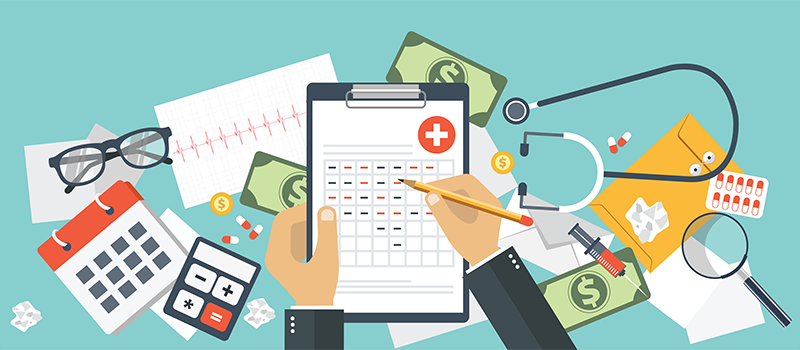
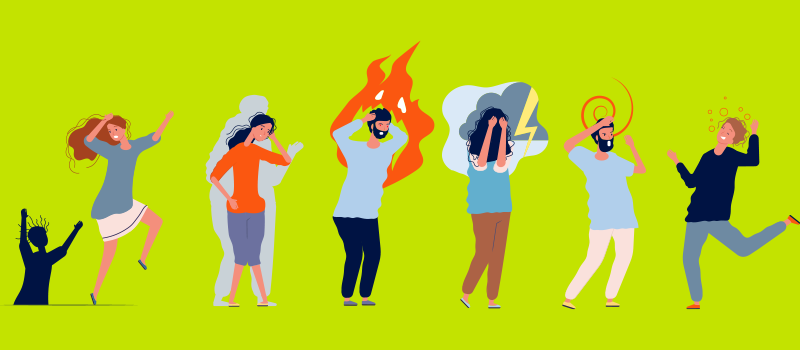
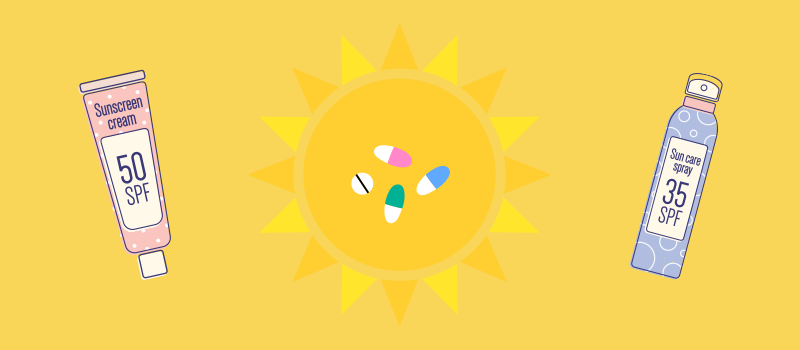
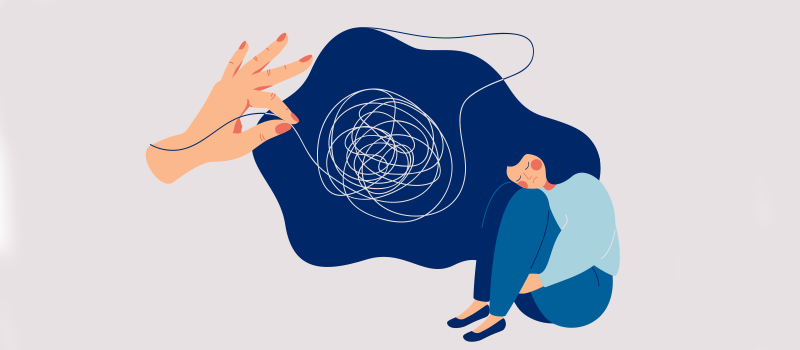
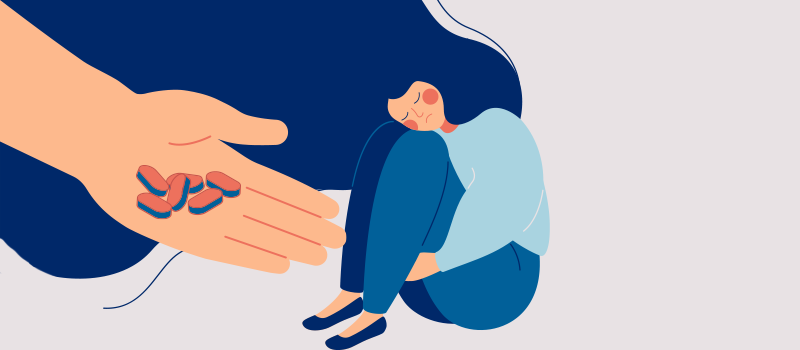



SOCIAL